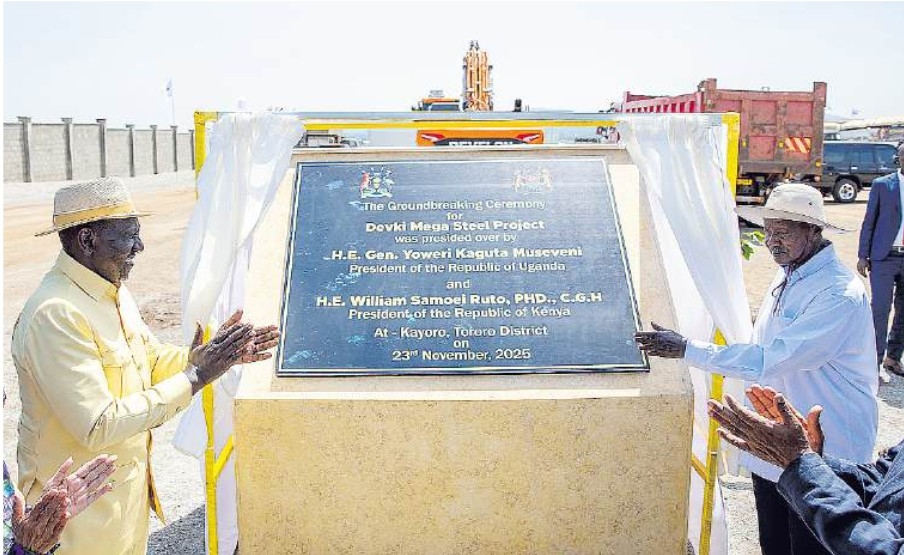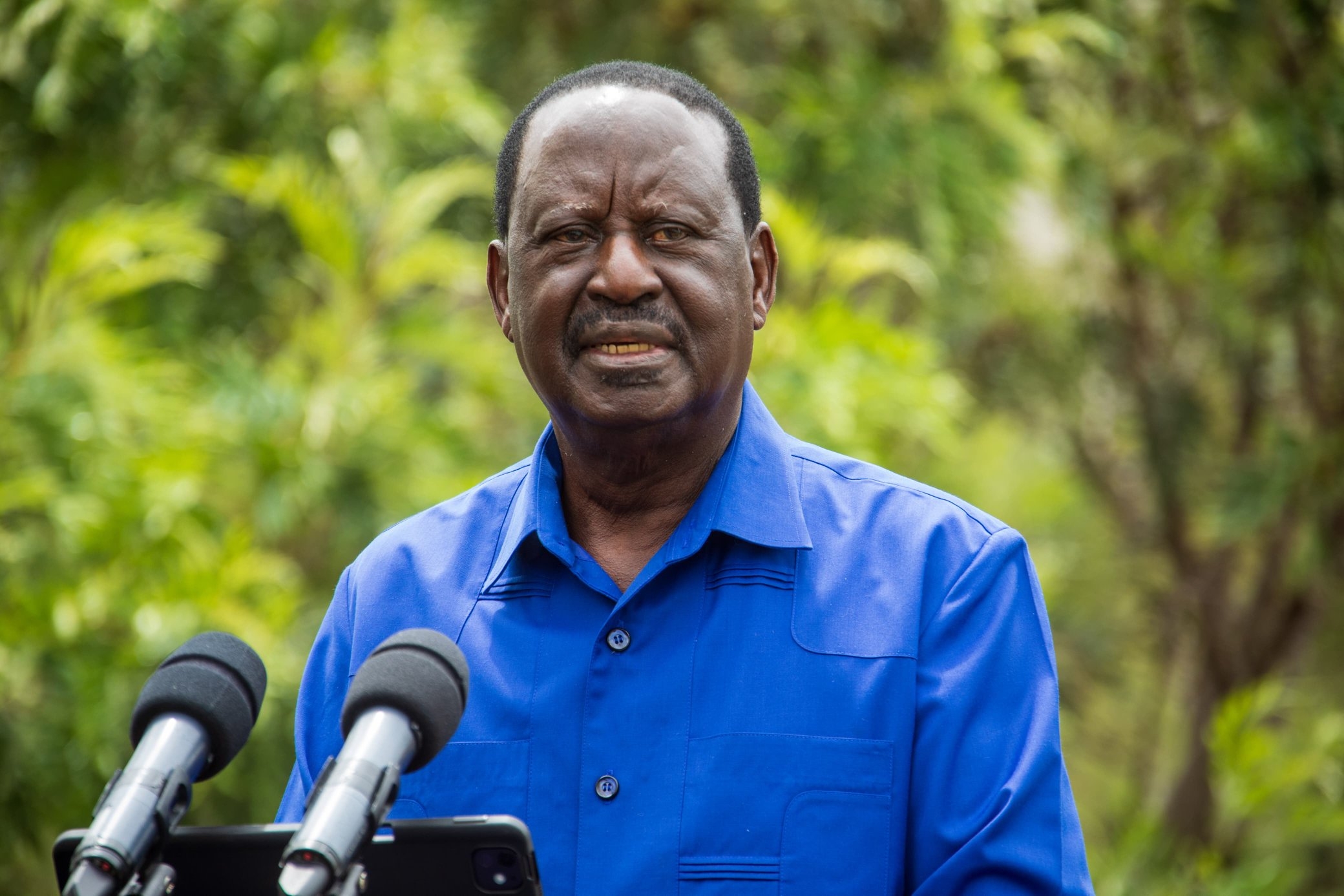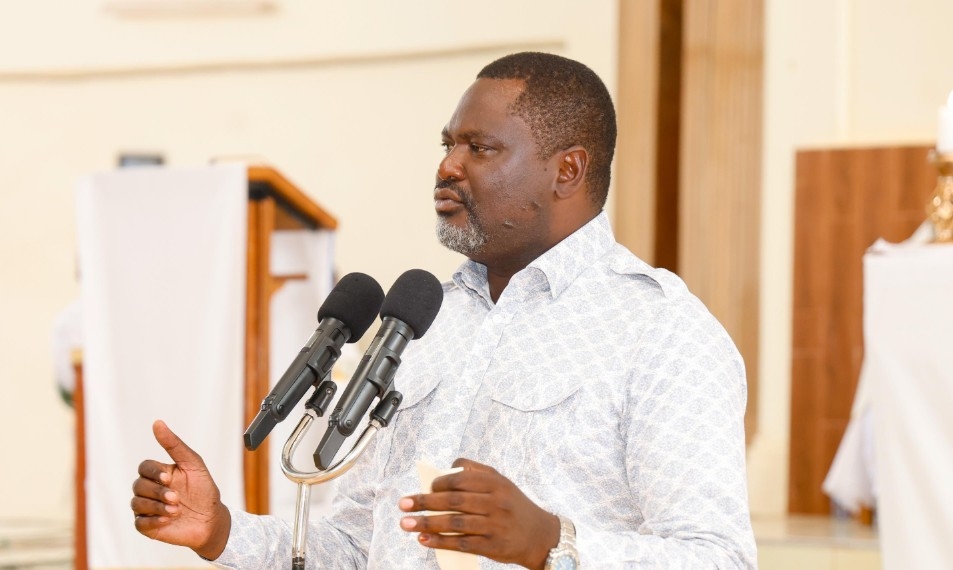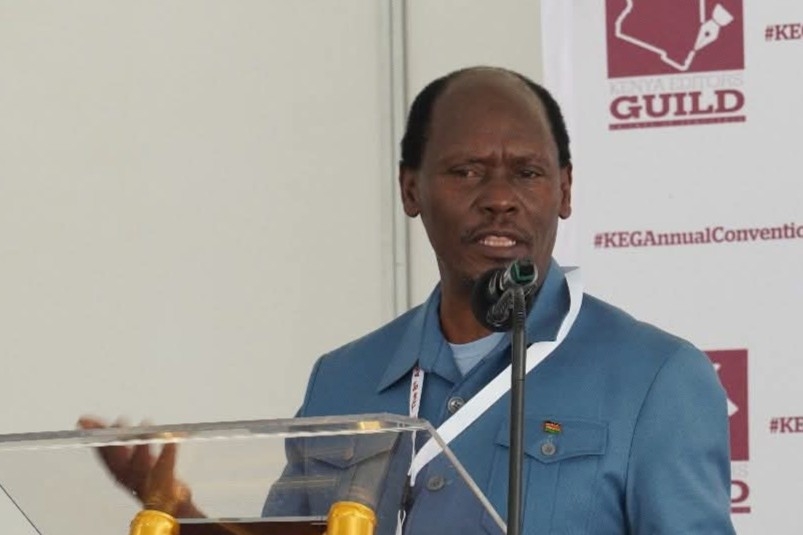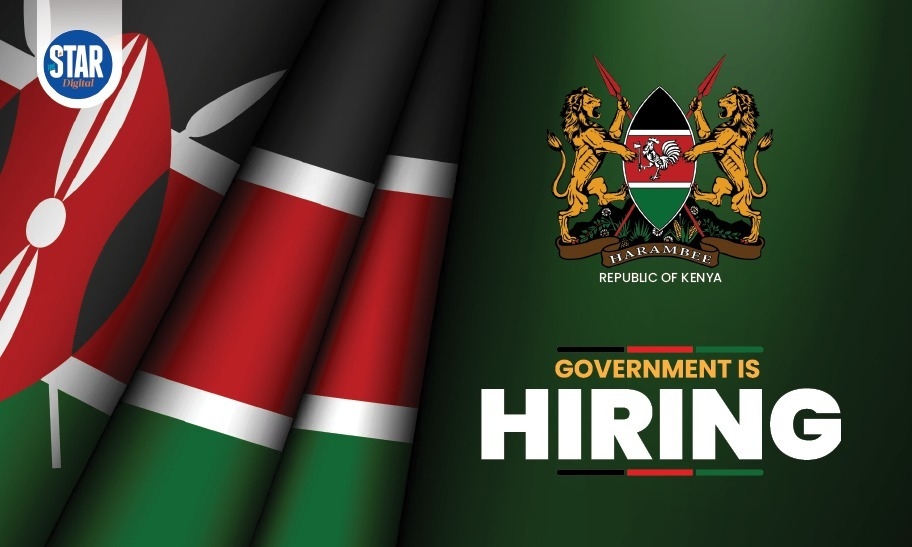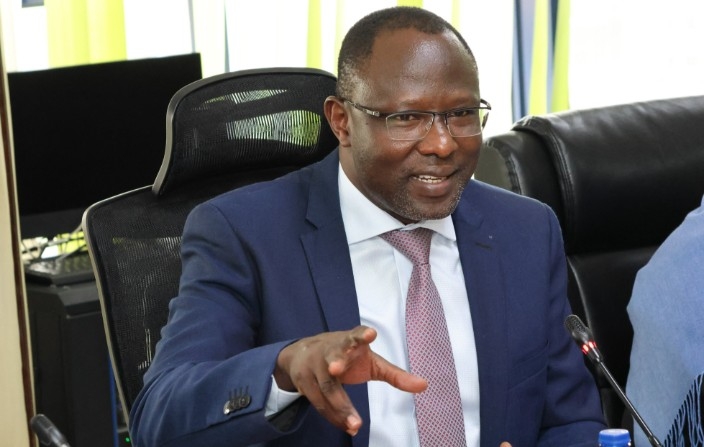The Bungoma government has announced a heightened five-day campaign to provide 1.2 million mosquito nets to families to stop the spread of malaria in the county.
The exercise, which began at the Makhonge clinic in Kamukunywa, will provide 143,000 mosquito nets to more than 250,000 individuals in Kimilili Sub County. The distribution exercise is currently underway in the entire county.
Speaking during the flagging ceremony on Tuesday, Bungoma governor Kenneth Lusaka urged locals to use mosquito nets to reduce the impacts of the life-threatening disease.
"Health is our top priority. As we kick off the distribution of mosquito nets across the county, let us use them to combat malaria, one of the greatest killer diseases in the country," the governor said.
Moses Wambusi, the coordinator for malaria in Bungoma County, said they will provide two nets to each family. He asked the health sector stakeholders to encourage locals to use the nets.
“We are distributing long-lasting insecticidal nets because Bungoma is among the counties in the region that record high prevalences of malaria cases,” he said.
He pointed out that a survey conducted in 2010 involving the eight lake endemic zones showed that malaria prevalence in Bungoma currently stands at 19 percent.
The prevalence per sub-county in Bungoma in 2023 and 2024 is as follows: Bumula 49 per cent, Cheptais 27 per cent, Kabuchai 34 per cent, Kanduyi 20 per cent, Kimilili 19 per cent, Mt. Elgon 8 per cent, Sirisia 46 percent, Tongaren 12 per cent, Webuye East 25 per cent, and Webuye West 28 per cent.
He underscored the importance of mosquito nets for pregnant women, older adults, children, and people with weakened immune systems, who are more susceptible to malaria.
Wambusi said the climate change crisis is a significant factor in the region's prevalence, adding that with the raging floods, there are going to be many malaria cases in the country.
“If there are high mosquito breeding sites, it means malaria spread will go up, and that is why we have undertaken the initiative to sensitize the public to take caution during this heavy rainfall,” he said.
“With this climate change issue, we don’t want it to take long to distribute nets to the residents,” he said.





![[PHOTOS] Ruto present as NIS boss Noordin Haji's son weds](/_next/image?url=https%3A%2F%2Fcdn.radioafrica.digital%2Fimage%2F2025%2F11%2Ff8833a6a-7b6b-4e15-b378-8624f16917f0.jpg&w=3840&q=100)



